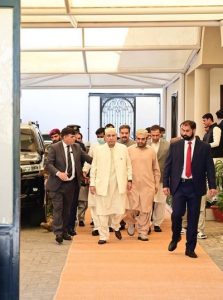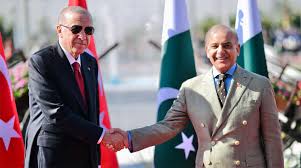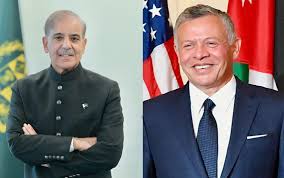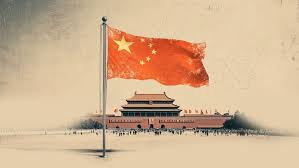EU to give Tunisia €1bn to fight trafficking and prop up ailing economy
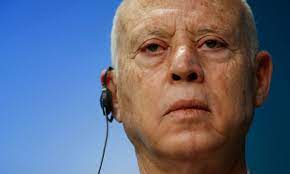
Brussels: The president of the European Commission, Ursula von der Leyen, is to return to Tunisia on Sunday with the prime ministers of Italy and the Netherlands to sign off the details of a €1bn deal aimed at combating people smuggling and supporting the country’s collapsing economy.
Sources have confirmed they are expecting to sign off on a memorandum of understanding only days after a group of politicians in the European parliament warned that Tunisia should not be handed a deal on a “silver plate” amid fears of a “breakdown” of democracy in the country.
Von der Leyen’s trip comes one month after the trio first went to Tunisia to unveil a package involving €900m (£770m) of macrofinancial assistance with a further €150m to support a reform agenda set by the International Monetary Fund.
As part of the €1bn package, a further €105m will be funnelled into a new partnership with Tunisia to combat people-smuggling, human trafficking and the continuing tragedies at sea.
The EU has been eager to stress the wider economic parts of the package in an attempt to break an impasse in negotiations following the declaration by the Tunisian president, Kais Saied, that his country would not be the EU’s “border guard”.
It is also keen to ink the deal to demonstrate to member states where migration is a hot political issue that it is taking action to reduce the numbers crossing its borders.
Last week, the Dutch government collapsed in a disagreement over migration, with the prime minister, Mark Rutte, declaring he would be quitting politics after the election.
Earlier this week, MEPs lined up to criticise the pact with Tunisia.
The French MEP Mounir Satouri said it was not right that Tunisia should be given “€1bn on a silver plate”. “That cannot happen,” he said, outlining the European parliament’s role as co-legislator in the EU.
“The European Union cannot be part of, complicit in, the breakdown of Tunisian democracy by President Saied. We need all European institutions united in our call and that the money released needs to be conditioned on full respect of human rights, democracy and of course rule of law,” said Matjaž Nemec, an MEP for the Progressive Alliance of Socialists and Democrats.
The EU package includes a comprehensive air transport agreement that could help tourism and a €150m “Medusa” digital cable link to Europe that it said could support research and education.
Concerns among human rights bodies that Saied is not upholding democratic principles have been echoed in some European capitals that are uncomfortable about sending economic migrants back to the country.
Under a compromise deal worked out last month, new legislation on asylum-seeking processes will allow individual countries to decide if Tunisia is a safe country.

